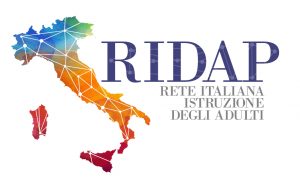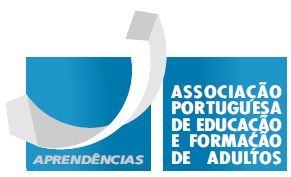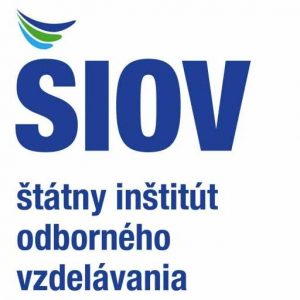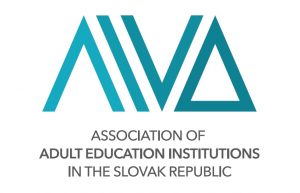Workshops of ideas for the future
Teaching / learning of basic and transversal skills
Brief description of the main purposes and contents
The project had the objective of activating paths with the involvement above all of young people and children from school drop-outs through a teaching oriented to ‘know-how’.
After a first moment of orientation, thanks to which the dossiers containing the experiences, acquired skills and aspirations of each individual student were created, each one was directed to one (or more than one) modules.
The modules proposed activities aimed at the acquisition and development of both soft and hard skills.
For all those in need, before the attendance of the modules, hours of Italian L2 were provided in order to bring everyone to a level of linguistic competence not lower than B1. In addition, basic courses (4 hours) on safety in the workplace have been activated with the issue of a certificate that can be spent in companies.
In addition, a period of internship/stage has been provided to students in local companies to enhance their skills, developed in the project.
Reasons why the project / program is considered a “good practice”
It connects various stakeholders with the aim of promoting social inclusion.
Managing authority / organisation
CPIA 1 Modena
Main target group
Young people and children who dropped out of school
Source of funding
Direct European funds
Stakeholders involved
Secondary Schools where evening courses are active: they were directly involved in the drafting of the project; local companies: they were involved in the implementation phase of the project.
Contribution of the practice in improving / promoting the social inclusion of the beneficiaries
Providing useful skills for the labor market.
Elements of the project / program that could be easily transferred to other contexts
The establishment of a solid network with the secondary schools that offer evening courses, the activation of internships/stages with local companies.
Other potential target groups to which the project / program could be extended
Disadvantaged adults lacking of education and/or skills.
Unemployed adults.
Migrants, refugees.
Practical evaluation carried out
Yes.
Results and measures taken following evaluation
The results, collected with a questionnaire, highlighted the success of the project and that is why a second edition has been proposed in order to obtain further funding.
Participation data
Reference period: October 2017-December 2018
People reached: about 185
Description of the methods of implementation and any recommendations
Widen the audience of beneficiaries.
Project / program website or other online reference resources







